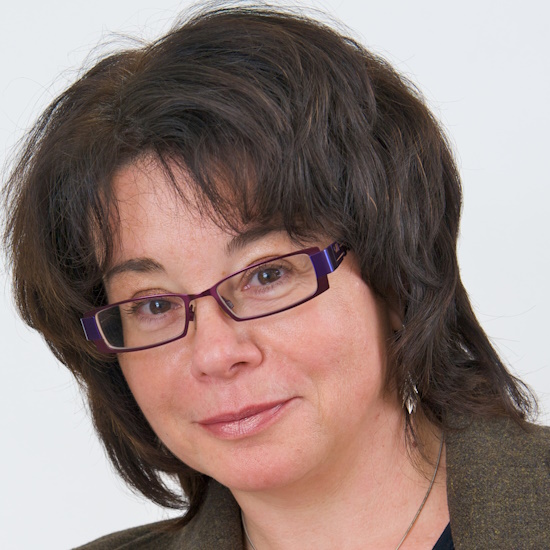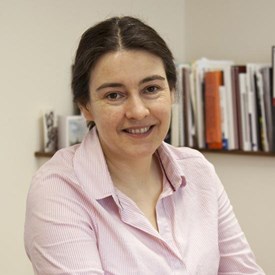The award
The Hughes Medal is awarded for outstanding contributions in the field of energy. The award was named after the scientist David E Hughes FRS (PDF) and was first awarded in 1902. Hughes was a Welsh-American scientist and musician who invented the first working radio communication system and the first microphone. The medal is of silver gilt, is awarded annually and is accompanied by a gift of £2,000.
Eligibility
The Hughes medal is open to UK/Commonwealth/Republic of Ireland citizens or those who have been residents for three or more years. There are no restrictions on career stage and nominations will remain valid and shall be considered by the award selection committee throughout three nomination cycles. Teams or groups may now be nominated for this award.
Nominations are now open
Nominations are now open and will close on 21 February 2025.





